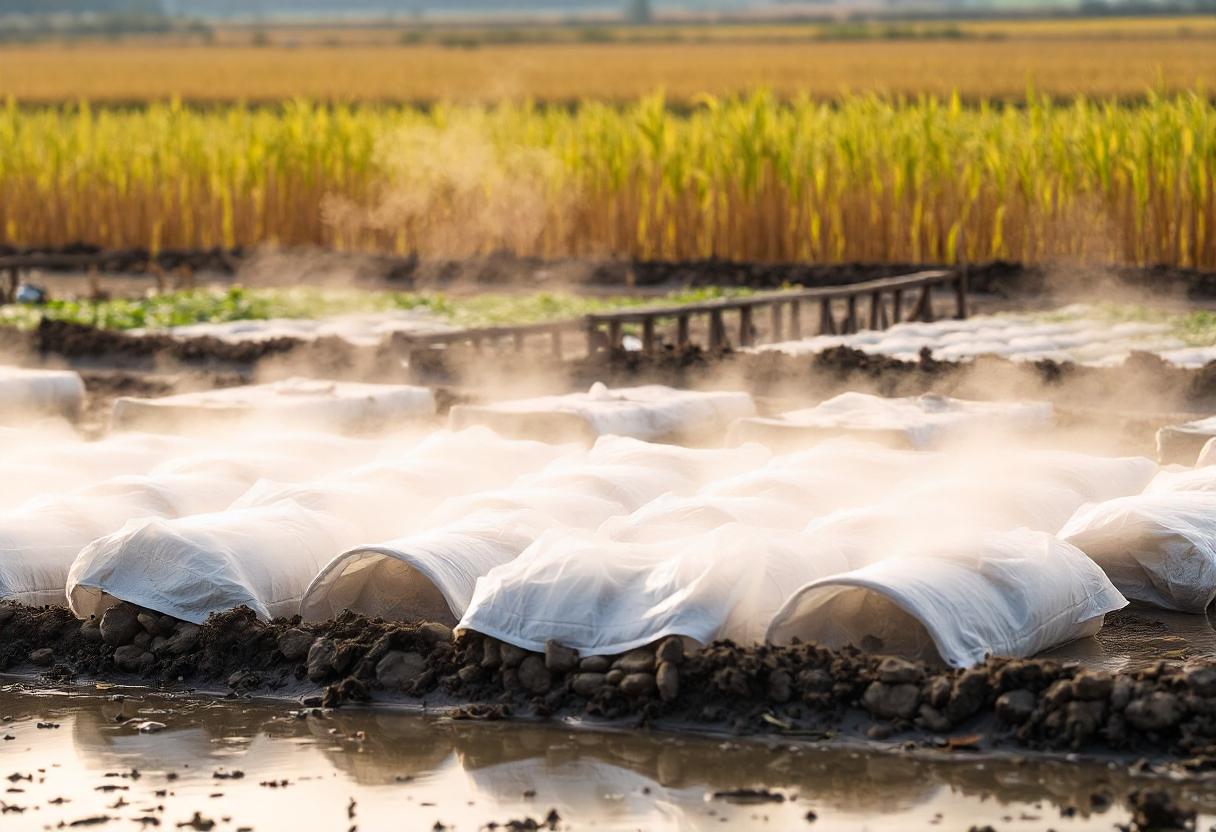
Sources of Agricultural Pollution
Agriculture in Canada contributes to pollution primarily through the use of synthetic fertilizers, pesticides, and livestock waste. These substances can seep into soil and water systems, causing contamination and affecting local ecosystems. Fertilizer runoff, for example, leads to nutrient pollution in rivers, lakes, and coastal waters, causing issues like algal blooms and oxygen depletion. Additionally, the use of pesticides can introduce harmful chemicals into the environment, which may affect biodiversity and public health.
Impact on Water Resources
One of the most significant impacts of agricultural pollution in Canada is on water quality. Fertilizers and manure from farms contribute to elevated levels of nitrogen and phosphorus in water bodies, leading to eutrophication. This process encourages the growth of algae, which depletes oxygen in the water and harms aquatic life. Water contamination from agricultural runoff can also affect drinking water sources, leading to increased treatment costs and potential health risks for nearby communities.
Soil Degradation and Erosion
Agricultural practices, particularly those that rely heavily on chemical inputs, can degrade soil quality over time. Excessive use of fertilizers and pesticides reduces soil fertility and biodiversity. Furthermore, practices like overgrazing and poor crop rotation contribute to soil erosion, where the topsoil is washed away, reducing the land’s ability to support crops and increasing sedimentation in water bodies.
Air Pollution and Greenhouse Gas Emissions
Agriculture is also a source of air pollution in Canada. Livestock farming releases methane, a potent greenhouse gas, into the atmosphere. Fertilizer application emits nitrous oxide, another greenhouse gas, contributing to climate change. Additionally, dust and particulate matter from farming activities, such as plowing and tilling, can affect air quality, particularly in rural areas.
Government Regulations and Mitigation Efforts
The Canadian government has implemented various regulations and programs to address agricultural pollution. These include guidelines for nutrient management, restrictions on pesticide use, and initiatives to promote sustainable farming practices. Programs like the Environmental Farm Plan (EFP) encourage farmers to adopt environmentally friendly practices, such as reducing chemical inputs, improving irrigation efficiency, and planting cover crops to prevent soil erosion.
Sustainable Farming Practices
Many Canadian farmers are adopting sustainable practices to reduce agricultural pollution. These practices include organic farming, integrated pest management (IPM), and conservation tillage. By using fewer chemical inputs, rotating crops, and protecting natural ecosystems, farmers can maintain productivity while minimizing their environmental impact. Additionally, the use of precision agriculture technology is helping farmers apply inputs more efficiently, reducing waste and pollution.